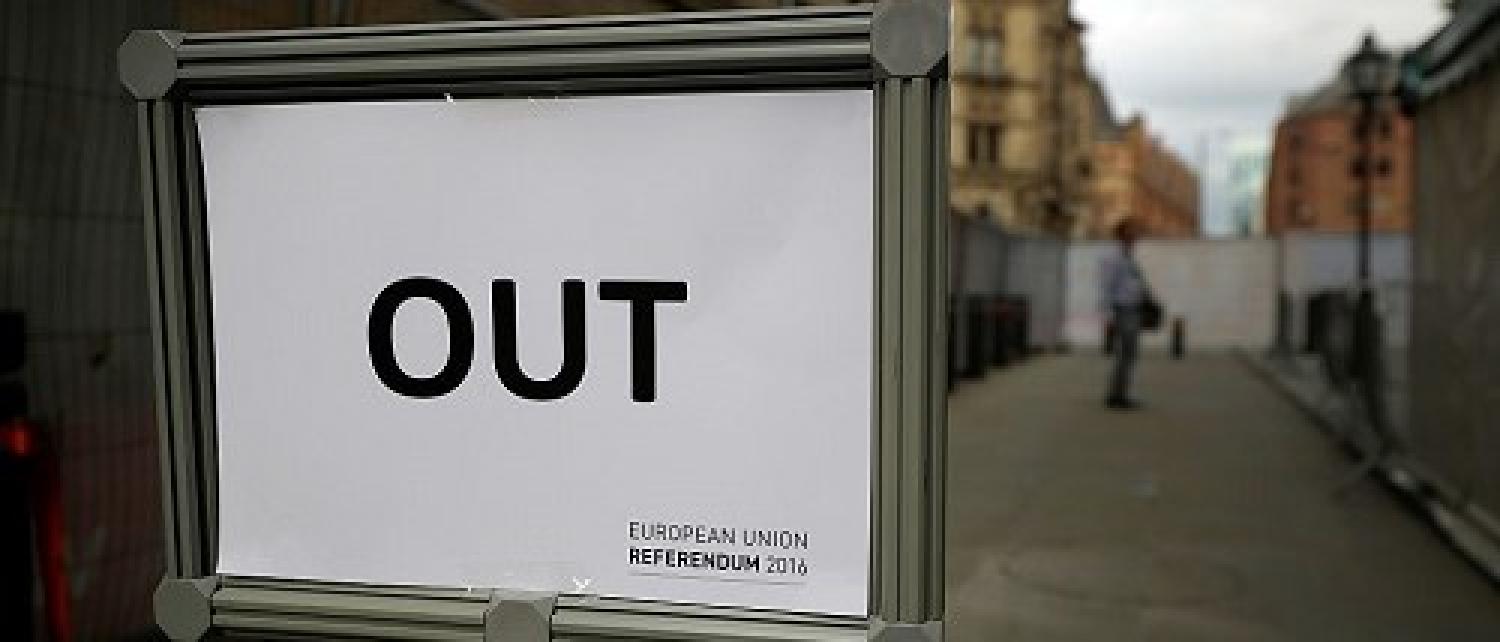Trump clones and displays of Trumpism-fever by otherwise respectable politicians have become common in Europe. Much as a landslide for Hillary Clinton on 8 November would be the best put down of Donald Trump, the first line of defence in Europe would be elections that end in comprehensive defeat of his fellow populists. But such defeats are far from assured.
The legacy of 20th century authoritarian rule in Eastern Europe still weighs heavily today. The desire for political strongmen has swept to power leaders such as Viktor Orbán in Hungary, Robert Fico in Slovakia and, in Poland, kingmaker Jaroslaw Kaczynski, the chairman of the nationalist Law and Justice Party. These men have much in common. On their way up, each claimed that their countries were heading for disaster; now they all claim they alone know what is best for the nation, actively seek to silence opposition, and pursue nationalist and xenophobic policies they promise will make their country ‘great again’. Together with the Czech Republic, they form the Visegrad Four within the EU. This group views Brussels exclusively as a resource provider. They reject any obligation to make any effort in return, while blaming ‘Eurocrats’ (including the Polish European Commission president, Donald Tusk), for pernicious internationalism that undermines their notion of absolute sovereignty and national independence.
Such views can be partially explained by the history of these countries. No such excuse exists for the larger Western European countries where active bouts of nationalistic Trumpism-fever have also broken out. The prime example is Brexit. Thanks to a litany of outright lies and nationalist flag-waving, a majority of Brits were convinced it was possible to wind back time to the glory days of the empire. Of course, this is an impossible (and dangerous) nostalgic dream. The major challenges and opportunities that European nations now face are of a nature and size that can only be managed through international cooperation. In Europe, that means supranational coordination within the EU.
A moment of sanity after the unexpected ‘leave’-vote brought to power Theresa May rather than the outlandish Boris Johnson or the Machiavellian Michael Gove (who together convinced the Brits to vote for what is shaping up to be a rough ride in the form of a ‘hard Brexit’), but all the more shocking was May’s railing at the recent Conservative party conference against the rootless cosmopolitan class, presumably guilty of perceived ills ranging from migration to pauperisation of the white lower middle class. In response, Roula Khalaf, the Lebanese-born, French-educated deputy editor of the Financial Times, made a brilliant case for global citizens who hold multiple loyalties, citing recent research that showed more people around the world now view themselves as global citizens rather than citizens of one country.
It's a sad fact that in these troubled times Trumpism-fever is not confined solely to the Right. As if Cameron’s political suicide was not enough of a warning, Italy’s centre-left prime minister Matteo Renzi has tied his political survival to the outcome of a referendum on internal reforms, in another bout of ‘all you have is to trust me’-egocentrism. And in Germany, Frank-Walter Steinmeier, foreign minister in the coalition government of Angela Merkel and potential candidate for federal chancellor, has spoken out against more sanctions against Putin, flatly contradicting his government’s known line by reviving his party’s traditional position of occasionally misplaced accommodation with a totalitarian East and fuzzy romanticism towards Russia.
Even more bizarre (but still very much in line with the notion of a Trumpist uber-ego by a political personality) is what has quickly become known as ‘Hollande’s Harakiri’. In a recently published book of authorised conversations with two journalists, aptly titled A President Should Not Say That, the socialist French president has swung wildly against all kinds of perceived enemies to his person, including France’s entire legal profession, the relative weakness of the national soccer team, and intellectuals whom, he said, are 'not very interested in France'.
However, Hollande will not have to suffer the resulting ridicule much longer as there is no way he will be re-elected to another five-year term in 2017. His disapproval rate is creeping up to 90%, a level that may set a new precedent in modern democracies. The last of his Praetorian Guard are jumping ship, including Prime Minister Manuel Valls, grumbling about the absolute necessity to hold democratic institutions of the Republic in high esteem.
Even if France escapes another term from this Trump of the left, or his respective clone, Nicolas Sarkozy, on the right (recent polls show the veteran politician Alain Juppe has a clear lead over the former president going into the primaries), and even if Angela Merkel, with her impeccable record on national, European and universal values, leads her party to yet another win in Germany next year, the alternative to Renzi in Italy looks dire. If Italians, motivated by what political pundits nowadays love to call citizen’s frustration with politics as usual, give ‘Five Stars’ leader Beppe Grillo a majority, the country will be led by a person who makes even Trump look reasonable. Alexis Tsipras’ Greek fantasies are outlandish but they pale in comparison to Grillo's promises for Italy's policies in Europe.
With all these balls in play, it seems the mechanisms the EU has at hand to rein in democratically-errand member countries will probably have to be set in motion again. However, its record in applying these in recent times to Poland and Hungary does not yet inspire confidence.
Photo: Getty Images/Anadolu Agency
